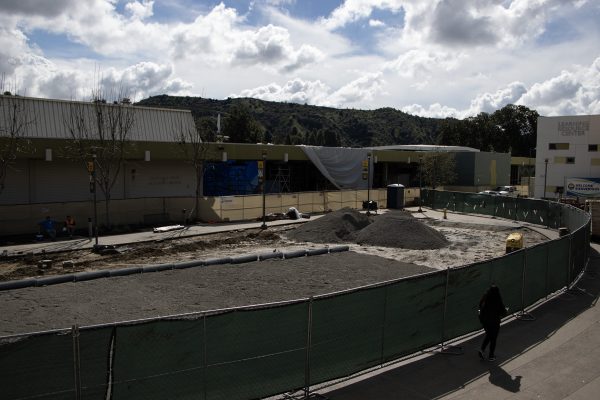United States Drops “The Mother of all Bombs” in Afghanistan
The United States dropped the “mother of all bombs” on an Islamic State cave complex in Afghanistan Thursday April 13, the Pentagon said. It is the most powerful non-nuclear bomb in the US arsenal. The bomb is so massive that it has to be delivered via cargo plane and dropped from the rear of the aircraft.
This was the first use of what is formally named the GBU-43/B Massive Ordnance Air Blast in warfare. President Trump has not commented on whether he personally authorized the mission. However, he has granted additional authority to the Pentagon to conduct missions without direct approval.
“What I do is I authorize my military,” Mr. Trump said after a meeting with emergency workers at the White House. He called the bombing “another very, very successful mission.”
So far, no casualty totals have been released. However, the Pentagon announced that 18 Syrian fighters allied with the United States were killed in a separate bombing campaign in Syria. The announcement caused alarm about whether the Trump Administration is applying any rigor to approving airstrikes from Afghanistan to Syria.
The bombing in Syria is the third US-led strike in a month that may have killed civilians and allies. Earlier bombing runs killed or wounded scores of civilians in a mosque complex in Syria and in a building in the west of Mosul, Iraq.
“We have the greatest military in the world,” said Mr. Trump. “We have given them total authorization, and that’s what they’re doing, and frankly, that’s why they’ve been so successful lately.”
The number of civilian casualties reported in American-led strikes in Iraq and Syria has increased since Mr. Trump took office. Reports of civilian casualties in Iraq and Syria jumped to 3,471 from 1,782 the month before, said Airwars, a group that tracks bombings.
Mr. Trump has relaxed some of the rules for preventing civilian casualties when the military carries out counterterrorism strikes in Somalia and Yemen.
“Trump has ceded responsibilities to his military commanders, and it appears he’s paying little attention to operational details,” said Derek Chollet, who was the assistant secretary of defense for international affairs in the Obama administration.
“Here’s the question,” Mr. Chollet added. “Trump takes great pride in his authorizing the military when things go well, but one wonders if he’ll have the same sense of shared accountability when things go wrong, as they inevitably do.”
Thursday’s strike in Afghanistan hit a tunnel complex in the Achin district of Nangarhar Province, according to a statement from the United States military in Afghanistan. The statement did not say how many militants were killed, or whether the bombing caused any civilian casualties.
The bomb is designed to destroy tunnels and other underground facilities, and its blast is estimated to stretch a mile in every direction.
While the damage from the bombing, which occurred at night in a remote area, was unclear, the strike quickly brought backlash. Hamid Karzai, Afghanistan’s former president, was among those who condemned it.
“This is not the war on terror but the inhuman and most brutal misuse of our country as testing ground for new and dangerous weapons,” Mr. Karzai wrote on Twitter. “It is upon us, Afghans, to stop the USA.”






